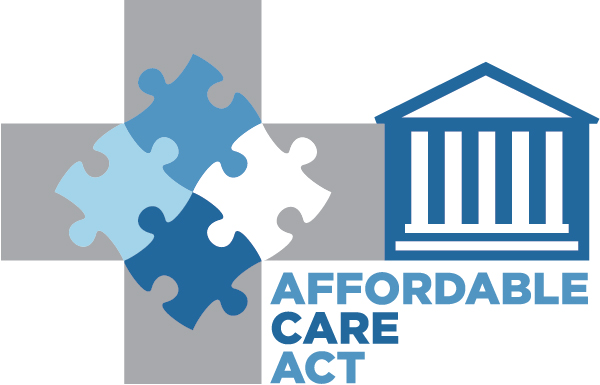Health Insurance and Taxes
The Affordable Care Act was implemented in 2014 and triggered changes in the tax code that will affect taxpayers when income tax returns are filed for the 2014 tax year. Below are key things to know.
If you enrolled in a health plan through The Marketplace (healthcare.gov), you will receive a Form 1095‐A in the mail from the Marketplace. The 1095-A must be postmarked by January 31. This form includes all members of a tax household who enrolled in a qualified health plan (QHP). Members of the household will be included on the form regardless of whether or not they received financial assistance (i.e., the advance premium tax credit).
If you get assistance from a tax preparer, take the Form 1095-A (i.e. Health Insurance Marketplace Statement), along with your other important tax information, (i.e., w-2, 1099-Misc, 1099-INT, 1099-R, Form 1098-T), with you to your tax preparation appointment. Information on the Form 1095-A will be used by the preparer to complete Form 8962 (Premium Tax Credit).
You will not get the Form 1095-A if you had: 1) health coverage through your employer, 2) Medicaid, 4) Medicare or the 5) Children’s Health Insurance Program (CHIP), 6) enrolled in a catastrophic plan or 7) received an exemption and didn’t enroll in a qualified health plan.
If you had health insurance through your employer, look in box 12 of your w-2. The amount with the code DD is what you and your employer paid for your health insurance coverage in 2014. This amount is provided for information purposes and is not included as taxable income.
The Affordable Care Act was implemented in 2014 and triggered changes in the tax code that will affect taxpayers when income tax returns are filed for the 2014 tax year. Below are key things to know.
If you enrolled in a health plan through The Marketplace (healthcare.gov), you will receive a Form 1095‐A in the mail from the Marketplace. The 1095-A must be postmarked by January 31. This form includes all members of a tax household who enrolled in a qualified health plan (QHP). Members of the household will be included on the form regardless of whether or not they received financial assistance (i.e., the advance premium tax credit).
If you get assistance from a tax preparer, take the Form 1095-A (i.e. Health Insurance Marketplace Statement), along with your other important tax information, (i.e., w-2, 1099-Misc, 1099-INT, 1099-R, Form 1098-T), with you to your tax preparation appointment. Information on the Form 1095-A will be used by the preparer to complete Form 8962 (Premium Tax Credit).
You will not get the Form 1095-A if you had: 1) health coverage through your employer, 2) Medicaid, 4) Medicare or the 5) Children’s Health Insurance Program (CHIP), 6) enrolled in a catastrophic plan or 7) received an exemption and didn’t enroll in a qualified health plan.
If you had health insurance through your employer, look in box 12 of your w-2. The amount with the code DD is what you and your employer paid for your health insurance coverage in 2014. This amount is provided for information purposes and is not included as taxable income.

